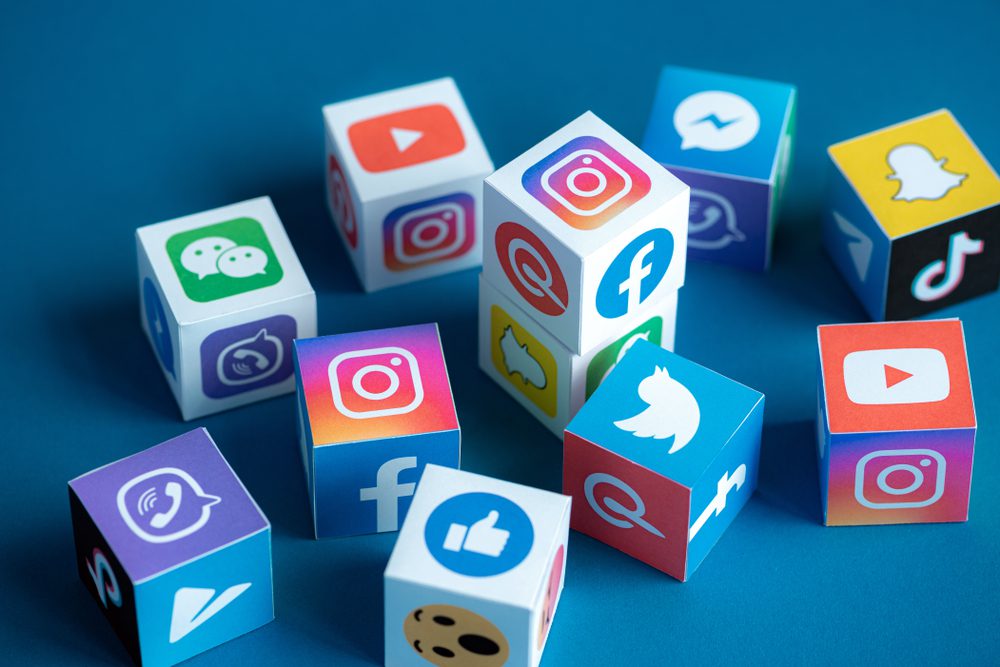
Since social media entered our lives, our existence changed drastically: we spend a lot of time looking at our phones, laughing, sending pictures and funny videos, posting information about our day to day activities and the list can go on.
According to digitalmarketing.org, it looks like in the United States of America, average people spend around 2 hours surfing through social media each day. You might say that it’s a reasonable time spent in front of the screen, compared to over 3 hours that Gen-Z kids spend everyday.
Even though you might not be addicted to social media, there are still some things you need to know when it comes to your brain functions and your social media activity.
1. Neuroplasticity
I know this sounds like a fancy word that doctors use, but it is actually a word that describes the ability of the brain to focus its attention and its cognitive functions.
When you surf the Internet, let’s say on Facebook, you see a lot of videoclips. They may be news, or funny videos with cats or dogs, clips that a person made, it doesn’t matter. Usually, they are not very long, just a couple of minutes, so you can easily watch another one after the first one ended and after that you can press play on the third one, then on the fourth one and so on.
This causes some changes in your attention. You’ll be used to getting information pretty fast and easy, because let’s be honest: you have it at your fingertips. This way, you are constantly looking for something else to watch, something that is not long or boring, but quick and accessible.
Some studies found that because we are tempted and excited to receive new “easy to digest information”, this can effect our brains. People that use social media constantly won’t be able to focus their attention to a single, but hard task. That’s because they are so familiar with information which is constantly changing, than when they have something specific to focus their attention on, they have a hard time doing it.
According to some experts, people who spend a lot of time on social media platforms performed worse on cognitive tests, compared to those who are not addicted to “the online life”. They tend to get distracted fast, aren’t able to multitask and can’t remain focused for an extended period of time.
2. Social media addiction
This one may come as a surprise and maybe you haven’t noticed it, but it is a big one.
Do you know that after you finish a workout, your body is filled with endorphins? They are natural chemicals that the nervous system of the human body produces in order to cope with stress or pain.
They are also known as the “feel-good” hormones, because they induce a good feeling. After your workout, your body releases endorphins and they make you feel great about what you just did. Also, they can make your crave more exercises, so you can have this feeling again.
A similar thing happens in your brain when you are a heavy social media user. You post something, you get views, likes and comments and you are happy about that. You want to keep up with this feeling of happiness – in this case there is a chemical release that it’s called dopamine (the happy hormone) – and you continue posting.
This can easily turn into an addiction. You feel the urge to constantly receive notifications. According to some studies, the brain scans of those who are obsessed with social media look like those who are addicted to gambling or drugs.
3. Memory malfunctions
There are some researchers who found that the people who use social media obsessively are more likely to experience memory deficits. This can happen especially when it comes to the transactive memory. This involves the information that the brain thinks it’s important and wants to keep it and it also refers to the information that the brain considers it’s just a surplus.
Heavy social media usage can mess up with your brain function that is responsible for deciding what to keep and what to give up to.
Social media is a great tool that helps human beings feel connected wherever they are. You can chat, videocall, speak, share pictures and videos, learn things about other cultures, get informed, find new career opportunities and make friendships, just to name a few.
But this doesn’t mean that we shouldn’t be aware that social media also has some cons, as you can see. Be mindful how much time you spend each day just scrolling the platforms and don’t forget to give your brain a break from time to time.
If you don’t overdo anything and just keep social media as a fun way to spend a few minutes, then you have nothing to worry about.
How much time do you spend on social media on a daily basis?























